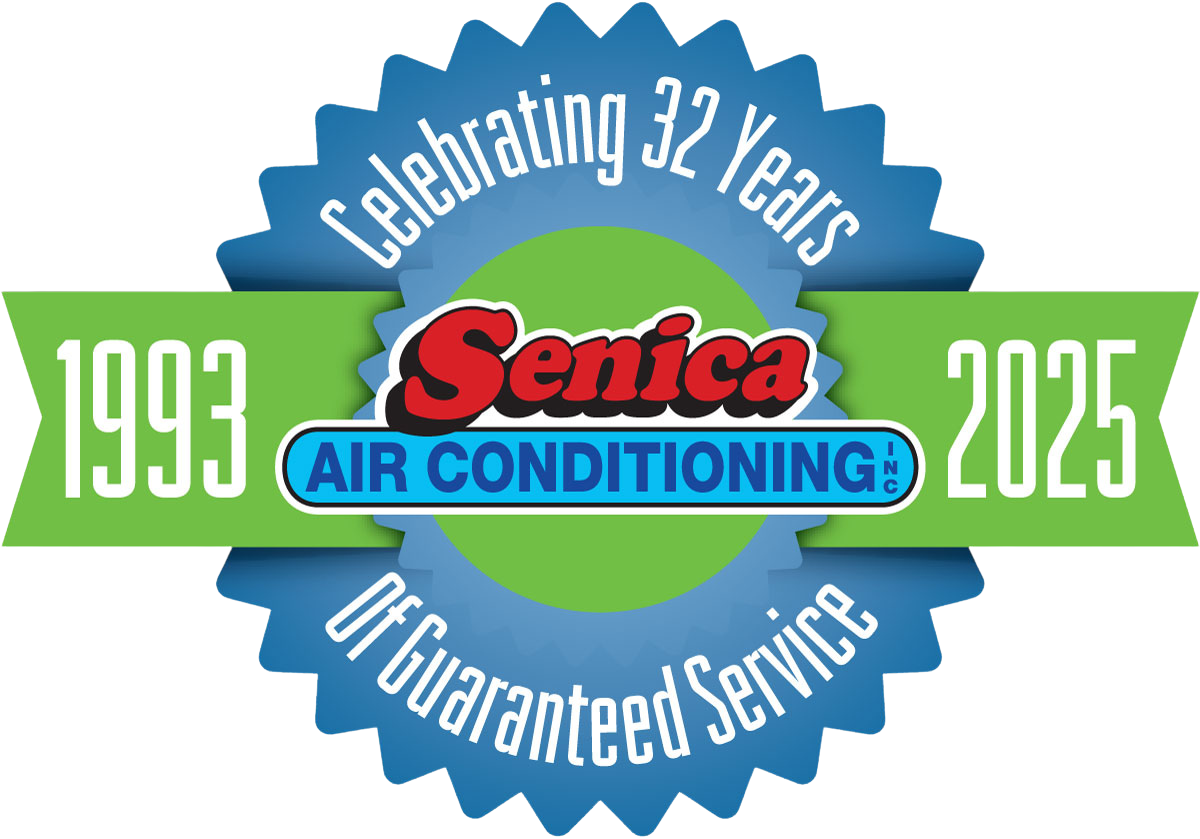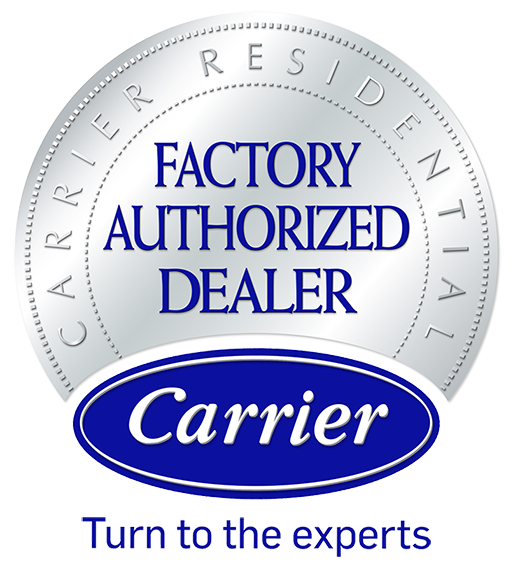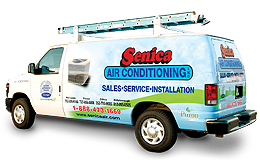When it comes to finding the right filter for your HVAC system in Crystal River, FL, the options may seem overwhelming. While price is one consideration, you also need to keep in mind that filters are not all the same. Consider these differences in filter types so that you can choose the right one for your home.
Understanding Filter Efficiency
The most significant difference in filters is the efficiency with which they remove contaminants from the air. Filters have a MERV rating, or minimum efficiency rating value, which indicates the size of particles the filter catches. The higher that number, the smaller the particles it will effectively remove from the circulating air.
You may think that a higher MERV rating would serve your home better. However, that logic doesn’t take into account the capabilities of your HVAC system.
The higher the MERV rating, the stronger the air draw you must have to pull it through the filter. If your filter is too efficient, then it could cause excessive strain on your system, creating the need for AC repairs.
Media Filters
Most HVAC filters use a filtering medium made from paper, cotton or polyester. A few use activated charcoal or foam. The idea is that the medium captures airborne contaminants as the air passes through it.
The construction of the filter, both in terms of material and weave tightness, determines its MERV rating. The basic models are flat and made of woven fiberglass or glass. The small surface area means that they’ll clog quickly, sometimes in fewer than 30 days.
More advanced media filters have a pleated design. These take flat paper or cotton and arrange it in folds called pleats. The pleats increase the total filtering surface area the device can squeeze into the same size frame.
You may have heard of high-efficiency particulate air (HEPA) filters. These occupy the higher end of the MERV ratings, usually between 17 and 20, and are commonly used in medical facilities rather than residences.
Electrostatic Filters
A variation of the media filter is the electrostatic filter, which uses an electrostatic charge to remove airborne contaminants. This type of filter creates a charge as air moves through the media, causing the particles to stick together and to the filter.
These are great at trapping large particles, but they’re not very effective for capturing smaller ones. Smoke and some spores will float through them, continuing into your system and possibly circulating back into your home.
Additionally, they are more expensive than flat or standard pleated media filters. While some are washable, they require more frequent attention to continue working effectively.
Washable Filters
Some manufacturers offer washable filters, commonly made from woven polypropylene. While they’re attractive because you don’t have to purchase new filters every time they clog, there are some downsides.
The biggest complaint is that they aren’t very efficient, usually only earning a MERV rating between 1 and 4. More airborne contaminants will find their way into your system, settling on components like the evaporator coil or circulating fan. Also, you may have to wash the filter frequently.
Choosing the Right Filter
With all the options available, how do you choose the right filter for your home? It’s tempting to select the least expensive filter you can find, but that may leave you unhappy with its performance.
Start by looking into your system and understanding what filters it’s designed to use. Be careful not to exceed the recommended MERV rating to avoid choking the system. Next, consider the air quality needs of your home. If you have household members who suffer from allergies or asthma, you may want to opt for a higher MERV-rated model.
Finally, consider the amount of maintenance you want to put into your filter. If you hope to forget about your filter for months at a time, you should avoid washable filters. You may go through a few different models to find the best balance for your home.
Keeping your system clean and well-maintained helps reduce the strain on your filters. Call to schedule your routine maintenance with our experts at Senica Air Conditioning today.
Image provided by iStock




